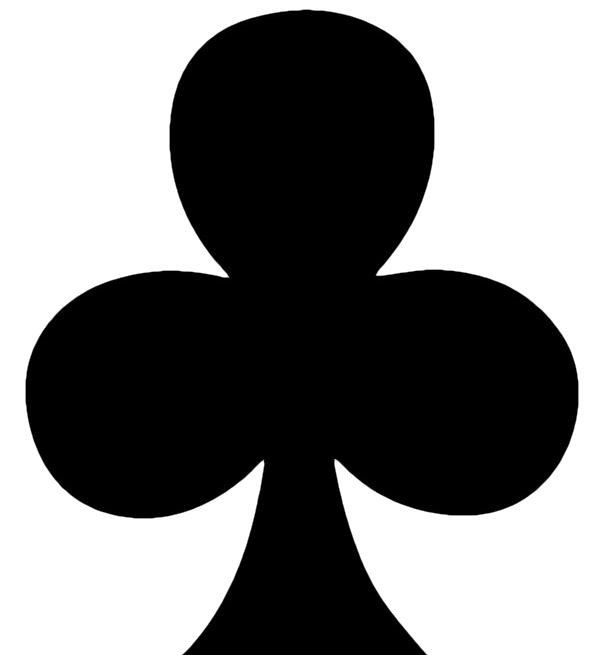J


Discretion is a vital skill – when should one apply the letter of the law and when should one apply professional judgement?
Case Studies
- “The Nelson eye” – if you see it, you must act, so is it better “not to see” some things?
- You are partnered with a senior skipper who pulls over a colleague's car at midnight “for a laugh”. The stop is surprisingly short as the colleague smells of alcohol. By not “asking the question” the skipper says he might have been mistaken about the smell and it wasn’t worth getting anyone into trouble. What do you think?
- You see a car that has been reported stolen. It speeds off as you approach. Do you pursue it?
- A retiring officer returns all of their kit except their custodian helmet which they wish to keep for sentimental reasons. You know that the old kit just sits in a storage locker and never gets touched. What do you do?
Discussion
- When would it be appropriate to apply the letter of the law instead of professional judgement?
- What can you choose to overlook? What should you never ignore? What are you prepared to compromise on?
- 20 years ago, the same incident might have been handled very differently – a Friday night punch up might have involved separating the protagonists and sending them on their way. Now the expectation would be arrests and charges. If a crime has been committed, should it always be charged?
- It has become increasingly important to capture experiences while on duty. Record keeping allows accountability and ensures that resources can be allocated appropriately. This makes it increasingly difficult to justify spending time at an incident and not applying the law if there has been a breach. Is this what the public expects?
- Genuine ethical dilemmas, where there is no good course of action or where you are being told by equally important principles or laws to do contradictory things, are thankfully rare. Choosing the least bad option in such situations becomes easier with experience and can be helped by talking through challenges with experienced colleagues before you are faced with them.
- A test of character and integrity is much more common, and is about doing the right thing even though it is difficult or may cause you short term problems.
Whilst the law is there to protect, safeguard, and ensure the public receive procedural and natural justice, we know that sometimes, professional judgement is necessary. Balancing and knowing when to apply professional judgement should always consider what is at stake, what the public would expect from a member of the profession, and your own motivations.




